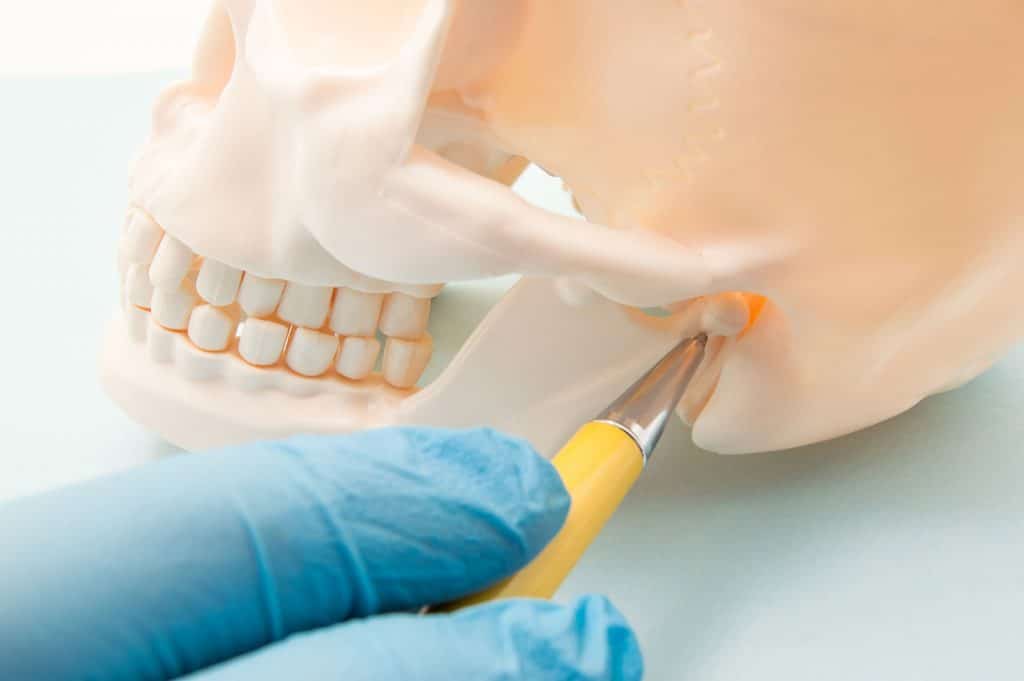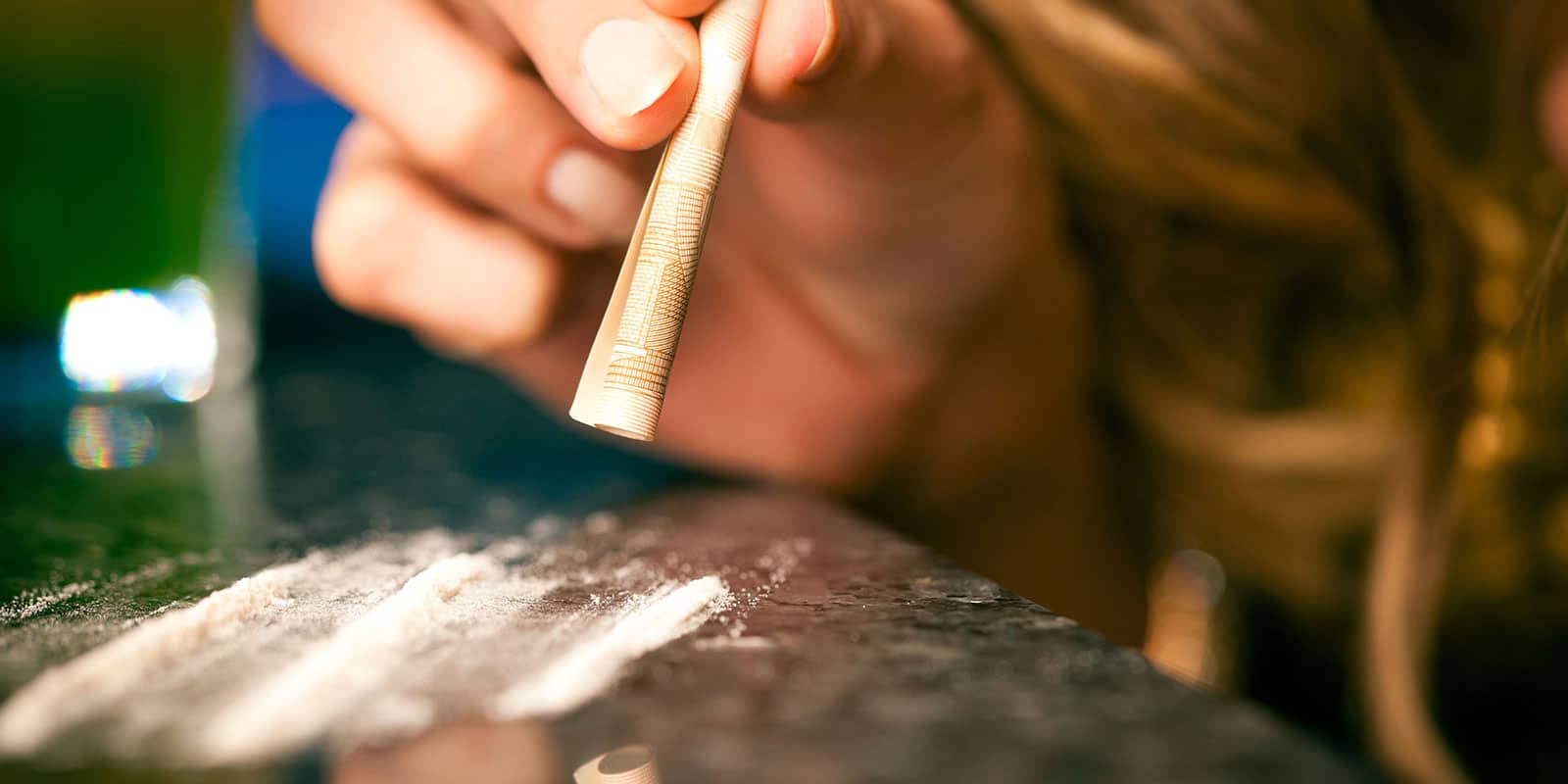Although many would like to pretend it doesn’t exist, substance abuse is a chronic and pervasive problem in the United States. And that has been the case for some time now, sadly. According to a study published by the National Survey of Substance Abuse Treatment Services (N-SSATS), an estimated 21.2 million Americans have a substance use disorder. Many of them are, unfortunately, also struggling with health problems brought on by their substance abuse disorder. Such is the case for those who currently or previously had a problem with cocaine, a powerfully addictive stimulant drug derived from the leaves of the coca plant, a plant native to South America. According to the most recent report published by the National Survey on Drug Use and Health, about 1.9 million Americans aged 18 and older have a problem with cocaine.
Table of Contents
The Real Price of Cocaine Addiction
Because cocaine is a Schedule II controlled substance, the risk of addiction is extremely high. The more an individual abuses cocaine, the more likely they are to develop a physical and even psychological dependence on the drug. People often get hooked on cocaine because of the drug’s uncanny way of ramping up dopamine production in the brain. For reference, dopamine is a neurotransmitter in the brain that, among other things, allows us to feel pleasure and satisfaction. A small amount of dopamine is needed for us to experience and enjoy life; however, too much of it can be problematic. Studies show that excessive amounts of dopamine in the brain can trigger intense feelings of pleasure and euphoria, both of which can increase the likelihood of addiction. Some of the physical, psychological, and behavioral signs that might suggest someone has a cocaine problem include the following:
- Anxiety
- Depression
- Crankiness and irritability
- Extreme and unusual feelings of happiness
- Feeling uncharacteristically energized
- Hypersensitivity to sight, sound, and touch
- Loss of appetite
- Paranoia
Additional Health Problems Linked to Cocaine Use and Abuse
The longer an individual uses and abuses cocaine, the more dangerous it becomes to their health. And this is substantiated in multiple studies, one of which comes from the Mayo Clinic, a nonprofit academic medical center located in Rochester, Minnesota. According to researchers, long-term use and abuse of cocaine can put individuals at an increased risk of suffering a heart attack or coronary artery spasm. It can also increase their chances of suffering from any of the following:
- Arrhythmia
- Constricted blood vessels
- Brain, heart, or kidney damage
- Hypertension
- Stroke
- Sudden death
The Less-Talked-About Dangers of Cocaine Addiction
Although not as commonly reported, some people have the misfortune of developing nasal and oral health problems due to abusing cocaine. The most notable of these health problems include what the medical community has dubbed cocaine nose, cocaine mouth, and cocaine jaw. To appreciate just how much of a toll each of these health problems can take on someone, it helps to look at them individually.
Cocaine Nose
Also commonly referred to as coke nose, cocaine nose is an umbrella term for multiple nasal problems that usually stem from snorting cocaine. According to addiction experts and otolaryngologists, sinus infection and perforated septum are the two most common forms of cocaine or coke nose. Breathing difficulty and frequent nose bleeds are the symptoms that long-term cocaine snorters report the most.
To fully appreciate why many people who snort powder cocaine suffer from cocaine nose, it helps to know what happens when this powerful stimulant makes its way into the nasal cavity. Available data shows that cocaine causes blood vessels in the nose to constrict. When individuals snort cocaine long-term, blood vessels become so constricted that bleeding and sinus infections become more common.

How to Treat Cocaine Nose
Something to note when it comes to cocaine nose is that the damage is seldom ever permanent. Generally, the nose will heal in a matter of days so long as it remains free of coke. Using a saline rinse a few times each day can help speed up the process as doing so keeps the nasal passage clean, which, in turn, improves blood flow.
Cocaine Mouth
Cocaine mouth, also known as coke mouth, is another one of the many health problems that long-term cocaine users can encounter. Studies show that using and abusing cocaine disrupts saliva production in the oral cavity, which leads to dry mouth or coke mouth. When individuals develop coke mouth, they are at increased risk of falling victim to tooth decay, gum disease, mouth sores, and other dental problems, including tooth loss.
How to Treat Cocaine Mouth
Quitting cocaine is the best way to cure coke mouth. Generally speaking, saliva production returns to normal within a few days after an individual takes their final dose of coke. Of course, to speed up the process and stave off severe and costly dental problems, there are things that you can do. According to most addiction experts, dental hygienists, and dentists, the following can help reverse coke mouth:
- Not smoking
- Cutting back or giving up alcohol
- Not using over-the-counter antihistamines or decongestants
- Chewing sugar-free gum
- Sipping water or sucking on ice throughout the day
- Using over-the-counter saliva substitutes
- Breathing through your nose as opposed to your mouth
Cocaine Jaw
One of the symptoms of cocaine addiction is jaw clenching. When individuals clench their jaw, their masseter, temporalis, and medial pterygoid muscles in their jaw will start to twitch. While this is happening, most are also grinding their teeth and moving their jaw from side to side. All of these movements eventually cause what is known as coke jaw. Along with causing jaw pain, coke jaw can lead to the development of a temporomandibular disorder, which can trigger the following additional symptoms:
- Trismus
- Clicking or popping sounds with jaw movements
- Severe headaches
- Facial tenderness

How to Treat Coke Jaw
Quitting cocaine will eventually bring coke jaw symptoms to an end, but it will take several days. Some people might also have to undergo some form of psychotherapy to help curb the compulsion to clench and grind their teeth.
Bottom Line
In summary, cocaine addiction can ruin one’s health and life in multiple ways, from anxiety and depression to physical health problems that involve oral and nasal cavities. But with the right mindset and help from a licensed rehab facility, breaking the cycle of addiction is possible. To that end, if you have a problem with cocaine, especially if you’re experiencing any of the symptoms detailed in this article, and need help finding a rehab facility in your area, consider speaking with a Long Island Treatment Centers associate today.


